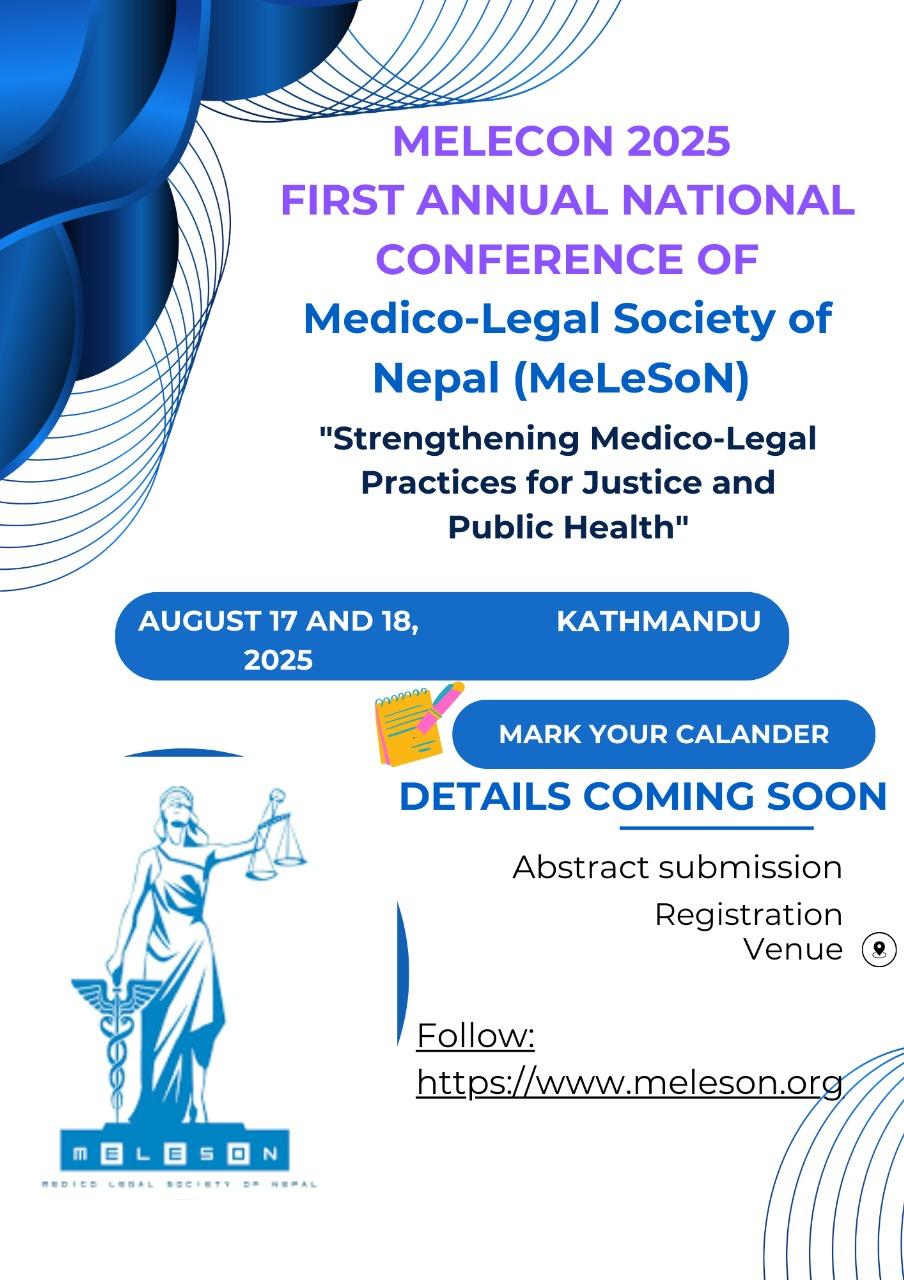Forensic Anthropology Training in Kathmandu, Nepal
In late 2019 VIFM Forensic Anthropologist, Dr Samantha Rowbotham, undertook a month-long capacity development placement at the Department of Forensic Medicine (DoFM), Tribhuvan University, in Kathmandu, Nepal.
As the analysis and interpretation of traumatic injuries to the skeleton often raises medico-legal challenges in court processes, the Medico-Legal Society of Nepal (MeLeSoN) asked Dr Rowbotham to work with Dr Jenash Acharya (Acting Head of Forensic Medicine and Toxicology, Kathmandu Medical College) to develop and deliver a one-day workshop on the analysis of skeletal trauma. The workshop, entitled “A bone tale: forensic analysis and interpretation of skeletal trauma”, was attended by more than 40 doctors from Nepal and one participant from India. Topics covered ranged from terminology, timing and taphonomy, to the analysis of blunt, sharp and projectile forces on skeletal tissues. The workshop was engaging and interactive, with participants having the opportunity to apply their new knowledge in a short practical session.

Although forensic anthropology does not form a large component of medico-legal case work in Nepal, skeletonised remains are still occasionally recovered as a result of the country’s past natural disasters, civil war and high-altitude trekking deaths.
Dr Rowbotham said “It was an extraordinary experience. I am very grateful to the DoFM for the opportunity to undertake this work, and to gain some understanding of the case work challenges entailed with working in a disaster-prone region”.
The Head of DoFM, Prof. Tulsi Kadel, highlighted the importance of such trainings for development of the entire medical fraternity. Prof. Dr. Mukund Raj Joshi, Hospital Director, KMCTH, praised the effort of MeLeSoN in their service to society. The program was also attended by Deputy Superintendent of Police of Metropolitan Police Circle, Gaushala, as well as the Deputy Superintendent of Police of Metropolitan Police Circle, New Baneswor, who communicated the importance of the topics discussed in crime investigation in Nepal. Dr. Rajkumar Karki, Head of Forensic Medicine, KUSMS expressed the importance of such events; updating and developing the skills and knowledge of academics and professionals. Prof. Dr. Harihar Wasti commented on the fruitfulness of such trainings to Nepalese forensic personnel and how they help in dealing with real life cases.
